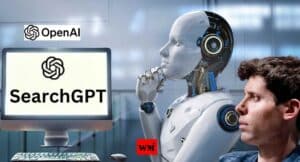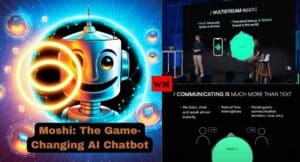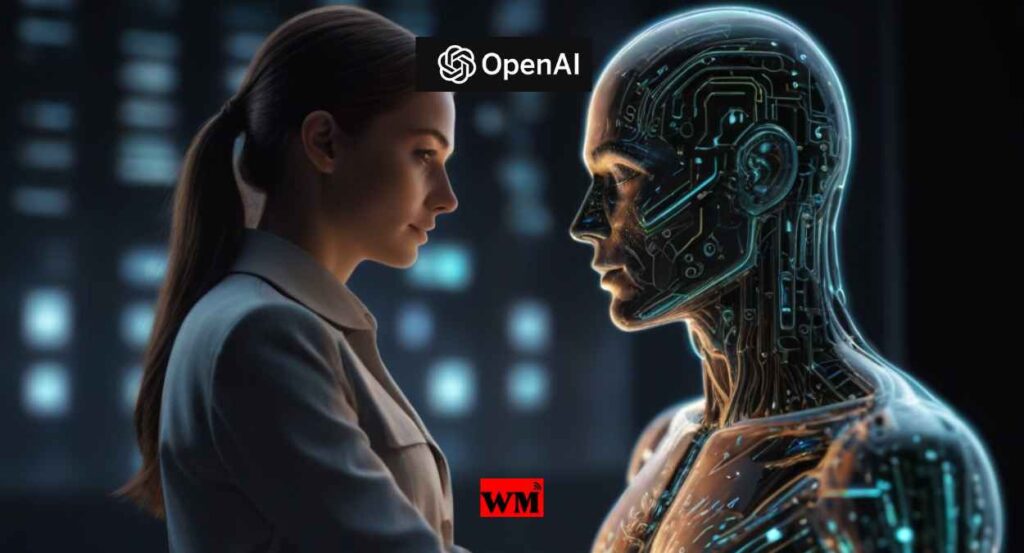
Is ChatGPT Obsolete? OpenAI Hints at Shockingly Smart GPT-5!
The world of Artificial Intelligence (AI) is rapidly evolving, and OpenAI, a leading research company, is at the forefront of this exciting development. Sam Altman, OpenAI‘s CEO, has recently made headlines with his bold pronouncements about the future of AI, specifically regarding Artificial General Intelligence (AGI) and the next generation of large language models like GPT-4.
This article delves into Altman’s vision for AI, explores the potential of GPT-5 and the concept of superintelligence, and examines the ethical considerations surrounding this rapidly advancing technology.
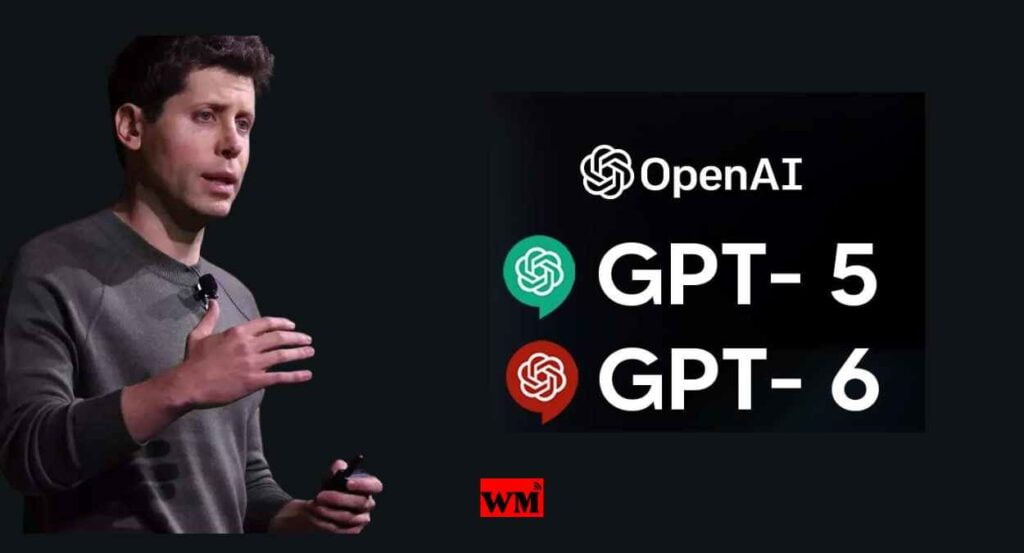
OpenAI’s Quest for AGI: A No-Cost-Too-High Mission
One of Altman’s most striking statements is his unwavering commitment to achieving AGI. He believes AGI, a hypothetical type of AI capable of human-level reasoning and learning across various domains, will ultimately benefit humanity.
Altman is even willing to invest significant resources, stating he “doesn’t care” if the cost reaches “$5 billion or $50 billion a year” as long as it leads to the development of AGI.
This unwavering focus on AGI raises questions. Will the immense resources required hinder progress in other areas of AI research? And how can we ensure that AGI development is conducted ethically and responsibly?
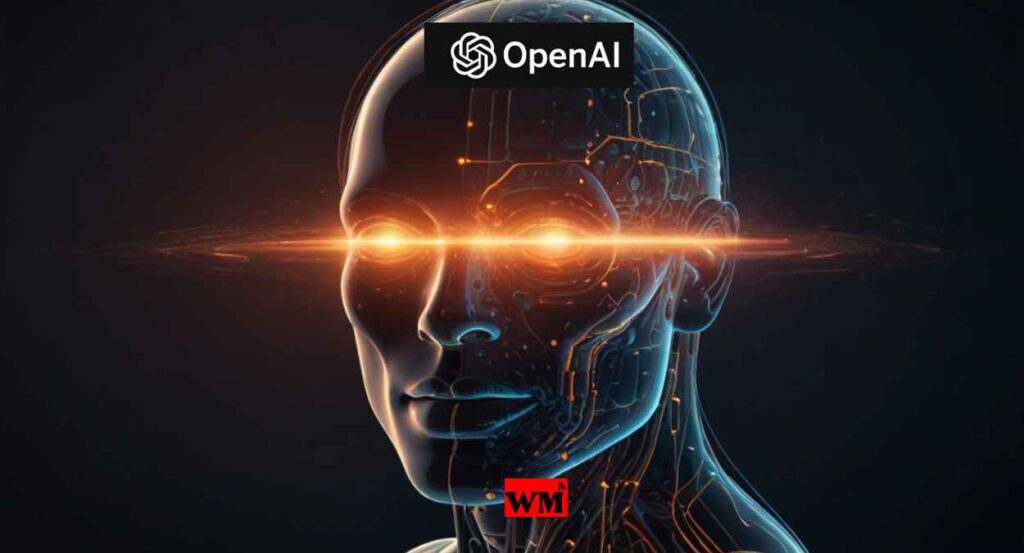
Beyond ChatGPT: Enter GPT-5, the “Super-Competent” AI Assistant
While some might consider current AI chatbots like ChatGPT impressive, Altman believes they are merely a stepping stone. He has described ChatGPT as “mildly embarrassing at best,” hinting at the potential of future models like GPT-5.
Imagine an AI assistant that surpasses the capabilities of current models, acting as a “super-competent colleague” according to Altman.
This AI assistant would not only answer your questions but also proactively manage tasks, understand your needs, and integrate seamlessly into your daily workflow. The possibilities seem endless, but ethical considerations also arise. How much control will we have over these intelligent machines? And how will they impact our privacy and autonomy?
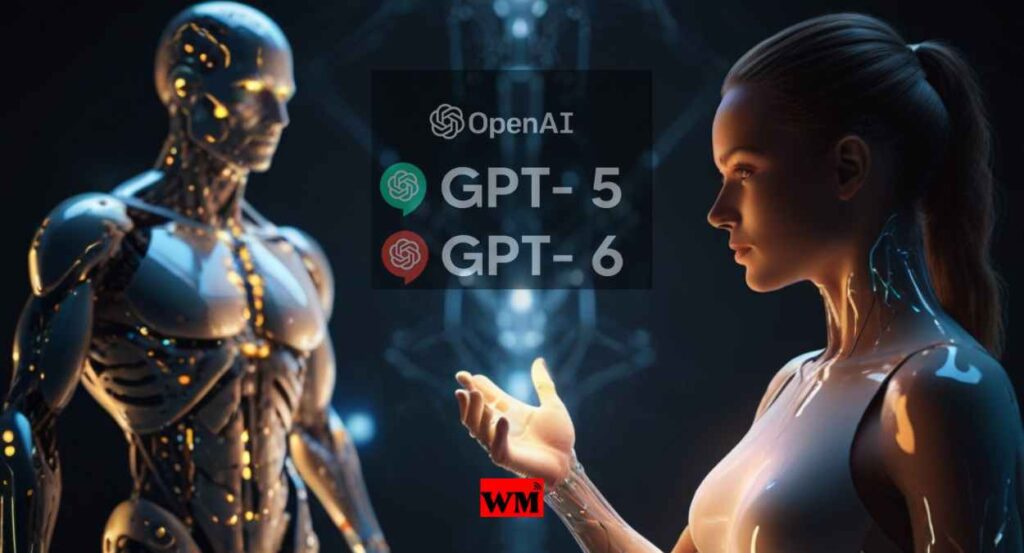
The Race for Superintelligence: A Double-Edged Sword
The concept of superintelligence, an AI surpassing human intelligence in all aspects, is both exciting and unsettling. On the one hand, superintelligence holds the potential to solve complex problems, make groundbreaking discoveries, and significantly improve our lives.
On the other hand, some experts, like Elon Musk, warn of the potential dangers of superintelligence if it falls into the wrong hands. Ensuring the safe and ethical development of superintelligence requires international collaboration and open discussions about the risks and benefits.
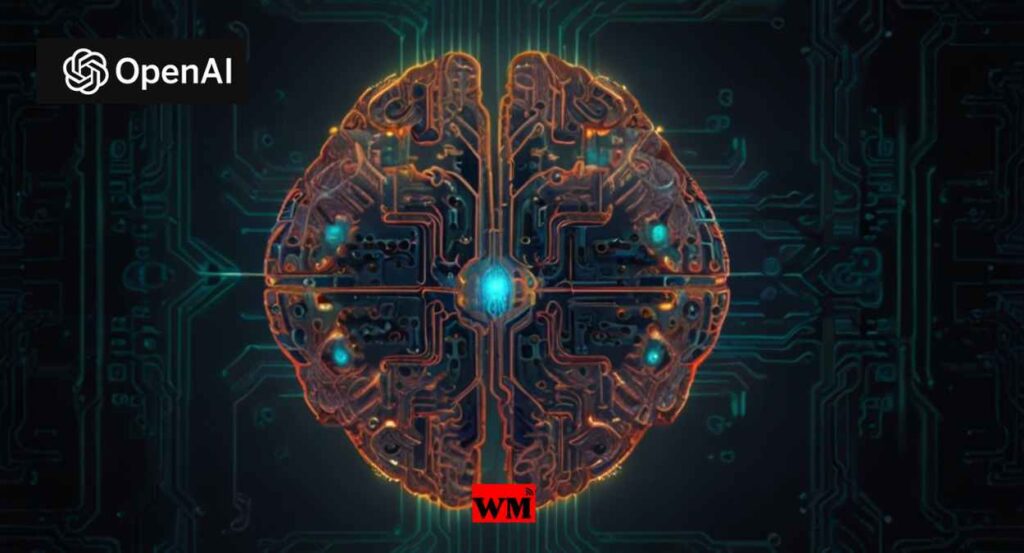
OpenAI’s Iterative Approach: Learning from Mistakes
Sam Altman emphasizes the importance of iterative development in AI research. He believes that by releasing models like GPT-3 and GPT-4, even if they are not perfect, we can learn from their limitations and pave the way for better models like GPT-5. This iterative approach allows for faster progress and continuous improvement.
However, some argue that releasing potentially flawed AI models could have unintended consequences. For example, a large language model biased towards certain viewpoints could perpetuate misinformation or discrimination. OpenAI needs to strike a balance between rapid development and responsible deployment.
The Human Element: Collaboration is Key
While AI advancements are impressive, it’s important to remember that humans remain at the forefront. Altman acknowledges the importance of human ingenuity in utilizing AI tools effectively. The future of AI lies in collaboration between humans and machines, where AI augments human capabilities and decision-making.
The Secret Sauce of Human-Like AI
Throughout this discussion, achieving “human-like” AI has been a recurring theme. But what exactly makes human intelligence unique? One factor that differentiates human communication from machine-generated text is the concept of perplexity. Perplexity measures the difficulty of predicting the next word in a sequence. Human speech is naturally full of unexpected turns and variations, leading to higher perplexity compared to the more predictable output of current AI models.
Another key element is burstiness. Human conversation isn’t a constant stream of complex sentences. We use a mix of short and long sentences, anecdotes, humor, and other elements to keep communication engaging. OpenAI recognizes the importance of these factors and is actively working on incorporating perplexity and burstiness into future models like GPT-5.
By achieving higher perplexity and burstiness, GPT-5 could generate text that is not only grammatically correct but also more natural, engaging, and unpredictable, mimicking the way humans communicate.
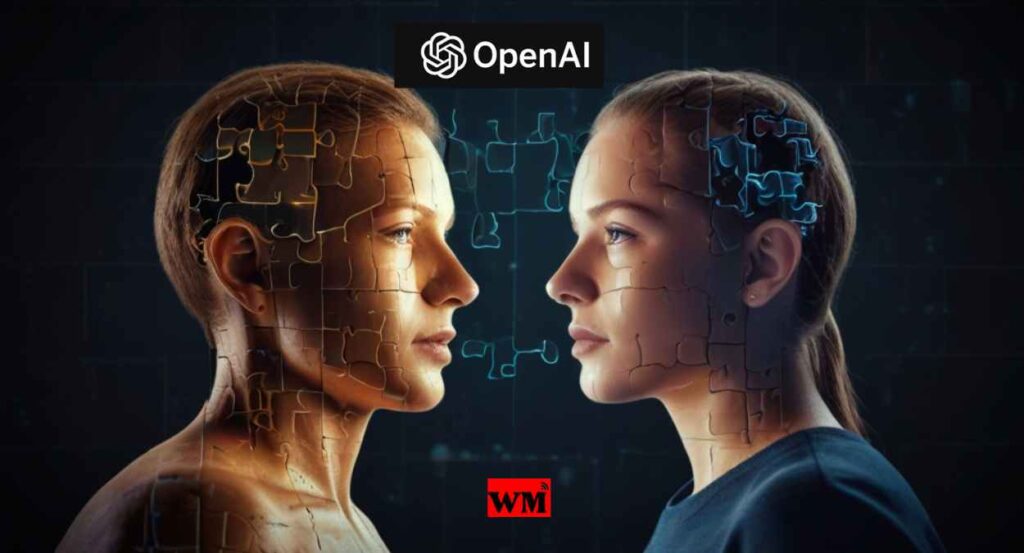
The Human Touch: Why We Still Need Humans in the AI Age
While AI advancements are remarkable, it’s important to remember that AI is not a replacement for human intelligence. Humans possess unique skills like critical thinking, empathy, creativity, and ethical judgment that are irreplaceable. The future lies in humans and AI working together as collaborators, leveraging each other’s strengths to tackle complex challenges and create a better future.
Building a Future of Human-AI Collaboration
The potential of AI is immense, but it’s crucial to remember that AI is a tool. The way we develop and deploy this technology will determine its impact on our lives. As we move forward, let’s strive for a future where humans and AI collaborate as partners, leveraging each other’s strengths to tackle complex challenges and create a better world for all.
This future requires a focus on responsible development, international collaboration, and public engagement. By working together, we can ensure that AI becomes a force for good, empowering humanity and solving our most pressing challenges
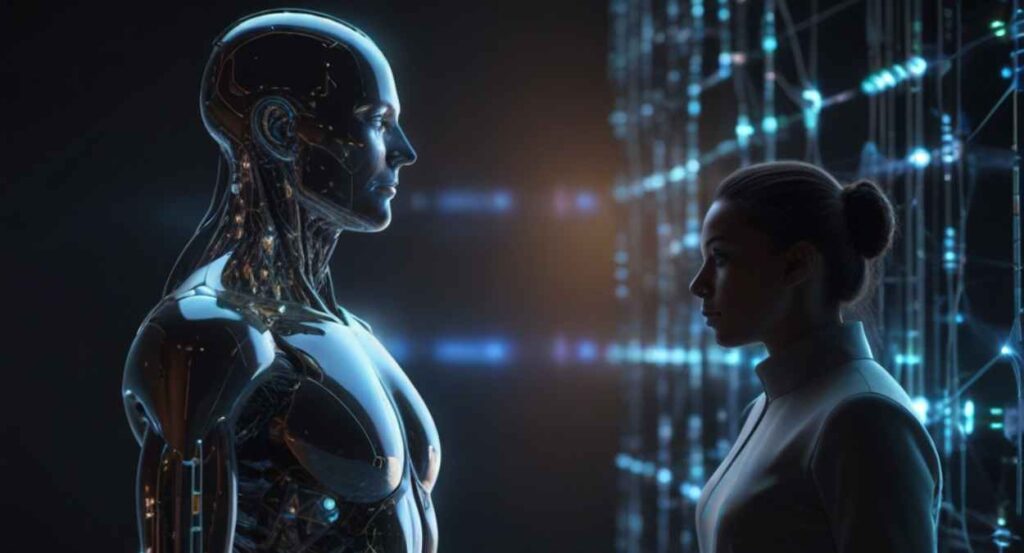
The Art of Human-AI Interaction: Designing for User Trust and Transparency
As AI becomes more integrated into our lives, building trust with users is paramount. Here are some ways to design human-AI interactions for trust and transparency:
- Explainability: Users should understand how AI systems arrive at their decisions. Developing methods for explaining AI outputs in clear and understandable language is crucial for building trust.
- User Control: Users should have control over how AI interacts with them. This includes the ability to opt out of AI interactions and have their data deleted upon request.
- Transparency in Development: Openness about AI development processes and limitations helps build trust with users.
By prioritizing user trust and transparency, we can ensure that AI is a tool that empowers users and fosters positive human-AI interaction.
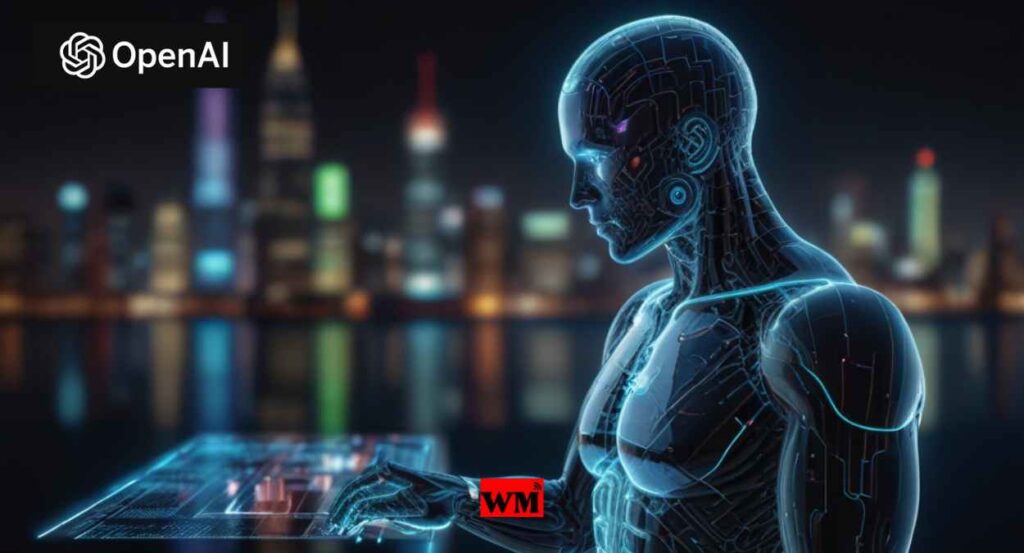
The Roadblocks on the Path to AGI: Challenges and Concerns
While the potential of AGI is vast, significant hurdles remain. Here are some key challenges that OpenAI and other AI researchers need to address:
- Bias and Fairness: AI models are trained on massive datasets that can reflect societal biases. These biases can then be perpetuated by the AI itself, leading to discriminatory outcomes. OpenAI needs to develop robust methods for identifying and mitigating bias in its models.
- Safety and Control: As AI becomes more sophisticated, the potential for misuse increases. Ensuring that AI is used ethically and responsibly requires clear guidelines, safety protocols, and international collaboration.
- Explainability and Transparency: Understanding how AI models arrive at their decisions is crucial for building trust. Developing methods for explaining the reasoning behind AI outputs is essential for responsible development and deployment.
- Job displacement: As AI automates tasks, job losses are a concern. Governments and organizations need to develop strategies to manage the transition to an AI-powered future and ensure that the benefits of AI are distributed equitably.
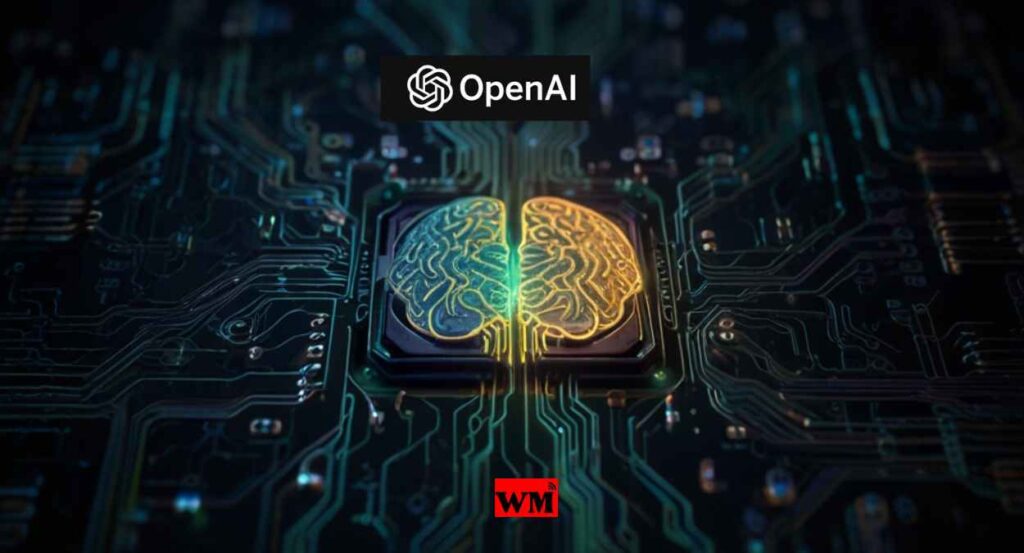
A Glimpse into the Future: How AI Will Transform Our Lives
Despite the challenges, the potential applications of advanced AI are vast. Here are a few ways AI could transform our world:
- Scientific Discovery: AI can analyze massive datasets and identify patterns that humans might miss, accelerating scientific breakthroughs in medicine, materials science, and other fields.
- Personalized Education: AI-powered tutors can tailor learning experiences to individual needs, leading to more effective and engaging education for all.
- Climate Change Solutions: AI can be used to model complex climate systems and develop solutions for mitigating climate change.
- Enhanced Creativity: AI can assist humans in creative endeavors, composing music, generating artwork, or writing stories, pushing the boundaries of creative expression.
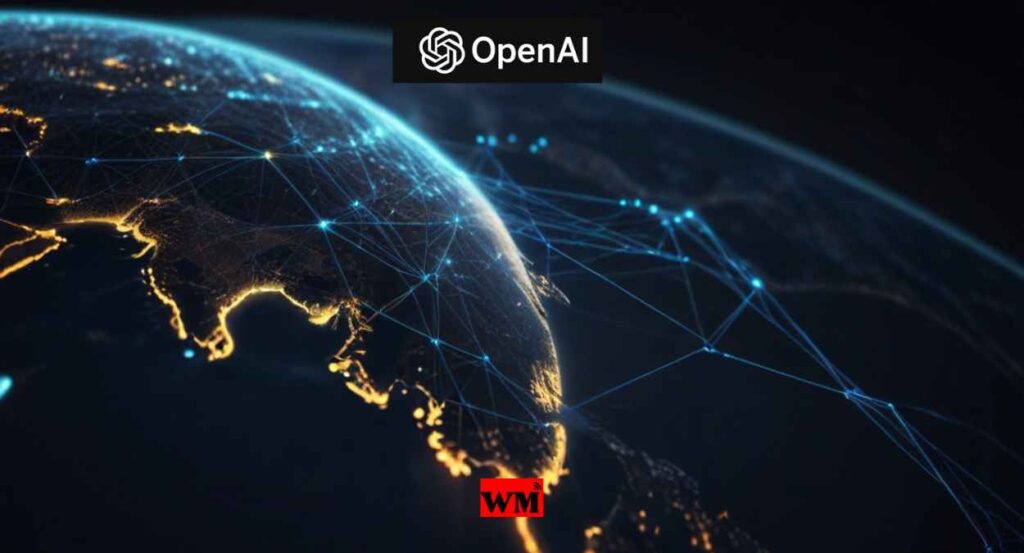
The Global Conversation: Fostering International Collaboration in AI
The development and deployment of advanced AI have far-reaching implications, making international collaboration essential. Here’s why:
- Shared Challenges, Shared Solutions: AI advancements can address global issues like climate change and pandemics. Collaborative efforts can pool resources and expertise to tackle these challenges more effectively.
- Standardization and Regulation: Developing clear international guidelines and regulations for AI development and deployment can help ensure responsible use and mitigate potential risks.
- Ethical Considerations: Ethical considerations surrounding AI transcend national boundaries. International collaboration can foster open discussions and establish ethical frameworks for responsible AI development.
Several initiatives are already fostering international collaboration in AI. The Organisation for Economic Co-operation and Development (OECD) has developed AI Principles that outline best practices for responsible development. Additionally, the Global Partnership on Artificial Intelligence (GPAI) brings together governments, industry leaders, and civil society organizations to advance responsible AI development.
The Power is in Your Hands: Advocating for Responsible AI
The future of AI is not predetermined. As citizens, we all have a role to play in advocating for responsible AI development. Here’s how you can get involved:
- Stay Informed: Educate yourself about AI and its potential implications.
- Engage in the Conversation: Participate in discussions about AI ethics and voice your concerns.
- Support Responsible Organizations: Advocate for organizations that prioritize responsible AI development and deployment.
- Hold Developers Accountable: Demand transparency and accountability from AI developers.
By taking these steps, you can contribute to shaping a future where AI benefits all of humanity.
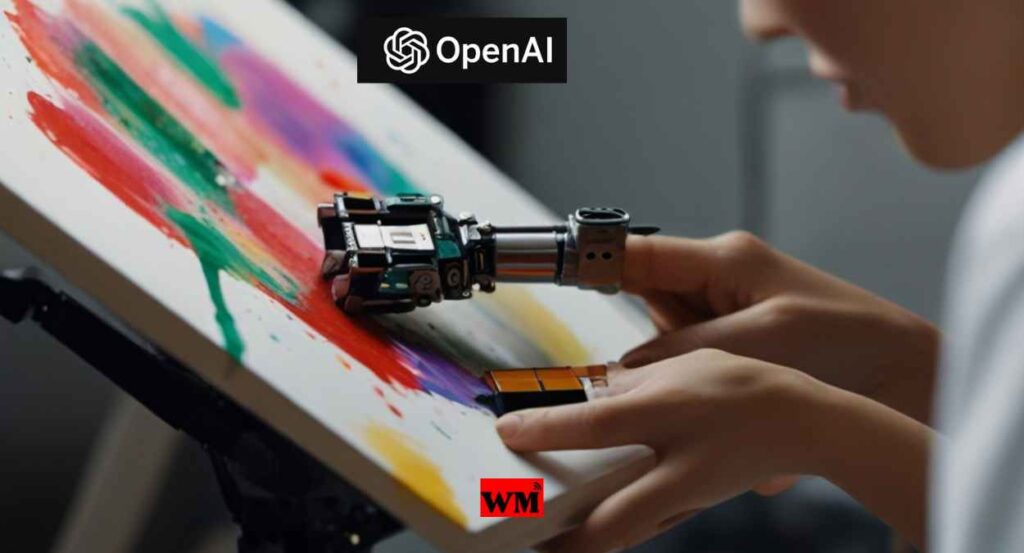
The Future of Work: Preparing for an AI-Powered Workforce
The rise of AI will undoubtedly impact the job market. While some jobs may be automated, new opportunities will also emerge. Here’s how we can prepare for this transition:
- Lifelong Learning: The ability to adapt and learn new skills will be critical in the AI-powered workforce. Investing in education and training programs is essential to prepare individuals for future job opportunities.
- Upskilling and Reskilling: As certain jobs become automated, there will be a need for workers to develop new skills and adapt to changing demands. Educational institutions and governments need to offer programs that facilitate upskilling and reskilling initiatives.
- Basic Income or Universal Basic Income (UBI): As automation displaces workers, some economists propose a basic income to provide a safety net and ensure all citizens have a baseline standard of living.
By focusing on lifelong learning, upskilling initiatives, and potential social safety nets, we can navigate the transition to an AI-powered workforce and ensure that everyone benefits from the advancements of AI.
Frequently Asked Questions (FAQs)
Q: Is ChatGPT obsolete?
A: While ChatGPT is a significant achievement, OpenAI CEO Sam Altman believes future models like GPT-5 will be much smarter and more capable.
Q: What is AGI?
A: Artificial General Intelligence (AGI) is a hypothetical type of AI with human-level reasoning and learning abilities across various domains.
Q: Will AI take over the world?
A: This is a complex question with no easy answer. While the potential risks of superintelligence exist, responsible development and ethical considerations can mitigate these risks.
Q: How can I learn more about AI?
A: Numerous resources are available online and in libraries. Explore articles, research papers, and documentaries to expand your knowledge of AI.
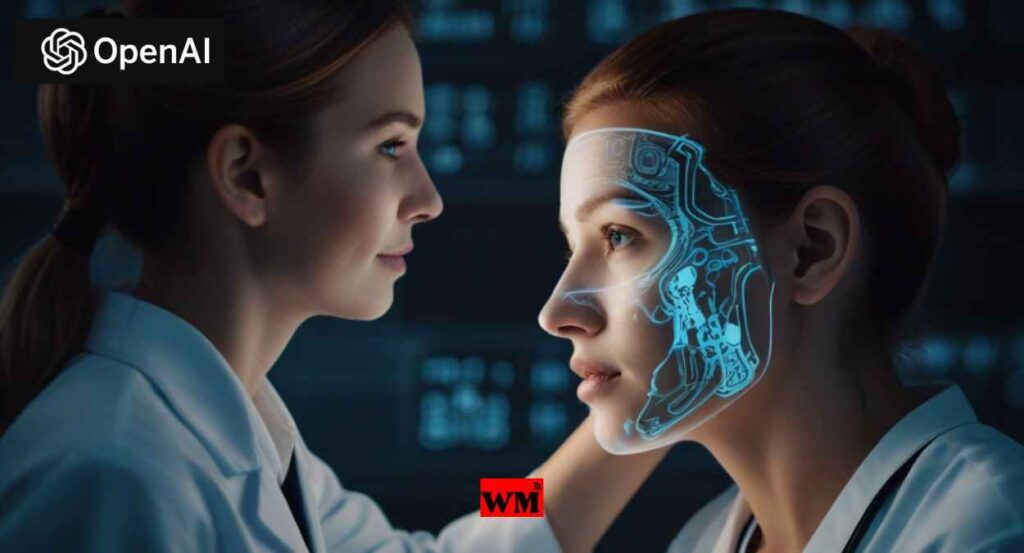
Conclusion
The world of AI is rapidly evolving, and OpenAI‘s ambitious vision for AGI and superintelligence paints a fascinating picture of the future. While the potential benefits are undeniable, it’s crucial to approach AI development with caution and a focus on ethical considerations. By fostering open dialogue, prioritizing responsible development, and working collaboratively, we can ensure that AI becomes a powerful tool for good, one that empowers humanity and helps us solve the world’s most pressing challenges.
Also Read:
Google Pixel Watch 2024 Update: Now Pixel Watch Just Got a Superpower, Know How?
Cyber Slavery: India’s Daring Rescue from Cambodia’s Web of Deceit, Dismantles Organized Crime Ring!
The Alarming Rise of Neurological Disorders: A Global Health Crisis
Google’s Urgent Warning: Is Your Google Drive Data Really Safe?
From Barbados to India: Rihanna’s Trailblazing Journey Continues, Conquering the World
















